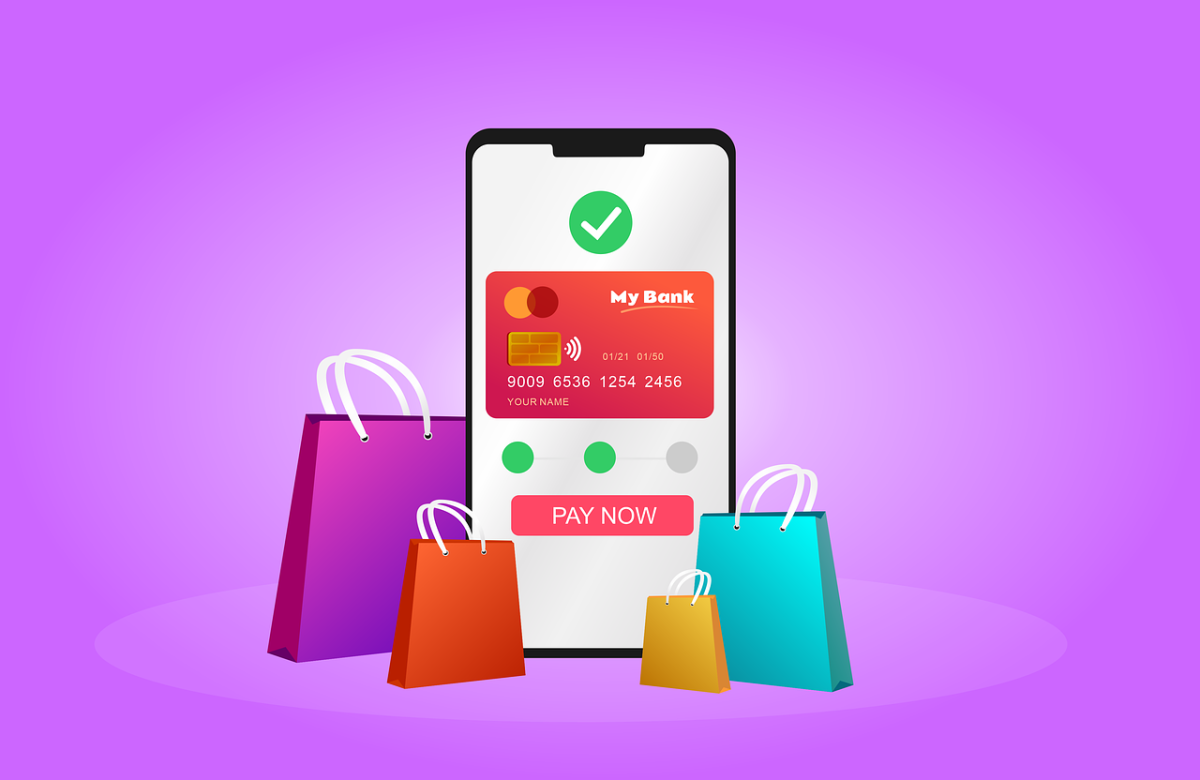Shopping Cart Basics
When you see the term “shopping cart” online, you can think of it as just that—a virtual basket to gather, accumulate and organize goods before you take them to the checkout. Shopping cart software allows customers to decide which products and how much of a given product to buy at the click of a mouse. At the checkout, a shopping cart will total your balance and even calculate taxes and shipping costs specific to your location.
Before an order is processed, the cart will ask customers for their personal information (shipping and billing information) and await their final confirmation. Once this is received, the cart sends the data along to be processed by your business or by a third party—the shopping cart itself does not process the information.
Within as little as five seconds the credit card details are encrypted and the purchase is complete. The customer receives an email with shipping details or a link to download the product.
While some businesses automate this process, many merchants only receive e-mail notification of the sale, and will have to handle the rest manually. As your business grows, look into automating your system to reduce hassles. This way, money is transferred from the customer to your merchant account quickly and efficiently. Both parties are sent confirmation of the deal. Shopping carts, whether autonomous or not, will almost always encrypt a customer’s credit card information.
A wide range of shopping carts is available. Many are free or cost very little. These are bare-bones applications that will do little to help sell your products. Be sure to understand exactly what you need from your shopping cart before buying it.
If your business doesn’t need anything fancy, many options are available for relatively cheap carts. You’ll usually be able to find a cart for under two hundred dollars. Though some carts will be advertised as free, there are often hidden costs. As with anything in this business use extreme caution and read all fine print when jumping on a service that is provided for seemingly no money.
Thousands of inexpensive shopping cart options are available. You may find that a standard $150 shopping cart will be sufficient. Do beware of free shopping carts, however. Nowhere is the axiom, "You get what you pay for" more true than in this instance. Of course, if you are a very small business, a musician selling a record or two, for example, you aren’t likely to need an expensive shopping cart. So why not take advantage of services like PayPal, which provides a shopping cart/checkout system for free.
Other merchants, however, will want to spend considerable time when deciding on a shopping cart system—It’s a vital part of your online business and cannot be switched at the drop of a hat.
The ultimate goal for a business is to have the shopping system completely automated so everyone involved in the process, from customers to banks, is accommodated. Systems are no longer expensive and are worth investigating for nearly every business. An efficient system will allow your sales to flourish by keeping the entire process organized and flexible at all levels.
When your customer is sitting at home in front of their computer with credit card in hand, your job is to make the process as simple as possible. Many systems have incredibly frustrating installation instructions, and this could translate to lost sales as you miss potential orders because you're fiddling around with installation.
The truth is 20-30% of people abandon purchases before the transaction is completed. And often the main reason for this is the shopping cart! And a poor shopping cart can affect your affiliate relationships.
Affiliates expect a reliable sales environment with tools that make the process easy for customers to purchase. They want their selling efforts tracked accurately, regardless of whether the customer is sent to your site directly because of the affiliate's efforts or if they have contributed to the sale in some other way. Consider automating every inch of the system to make it as easy as possible for your customers and affiliates (and you!). It doesn’t have to be prohibitively expensive.
Your choice of shopping cart goes much further than simply comparing the prices of the different shopping carts available. It’s about matching features with needs. Only then should you begin to compare the prices. In this way you have a much better chance of maximizing your sales and profits and of keeping your partners happy all the way along the line.
Smart shopping carts can have a dramatic effect on sales. A good system can manage the entire sales process, up-sell complementary products, offer special items, and take care of sales, promotions and discounts.
- The Truth About Online Payments
The ins and outs of accepting payments over the Internet - Returns and Chargebacks Exposed!
Ways to minimize returns and chargebacks when selling over the Internet








